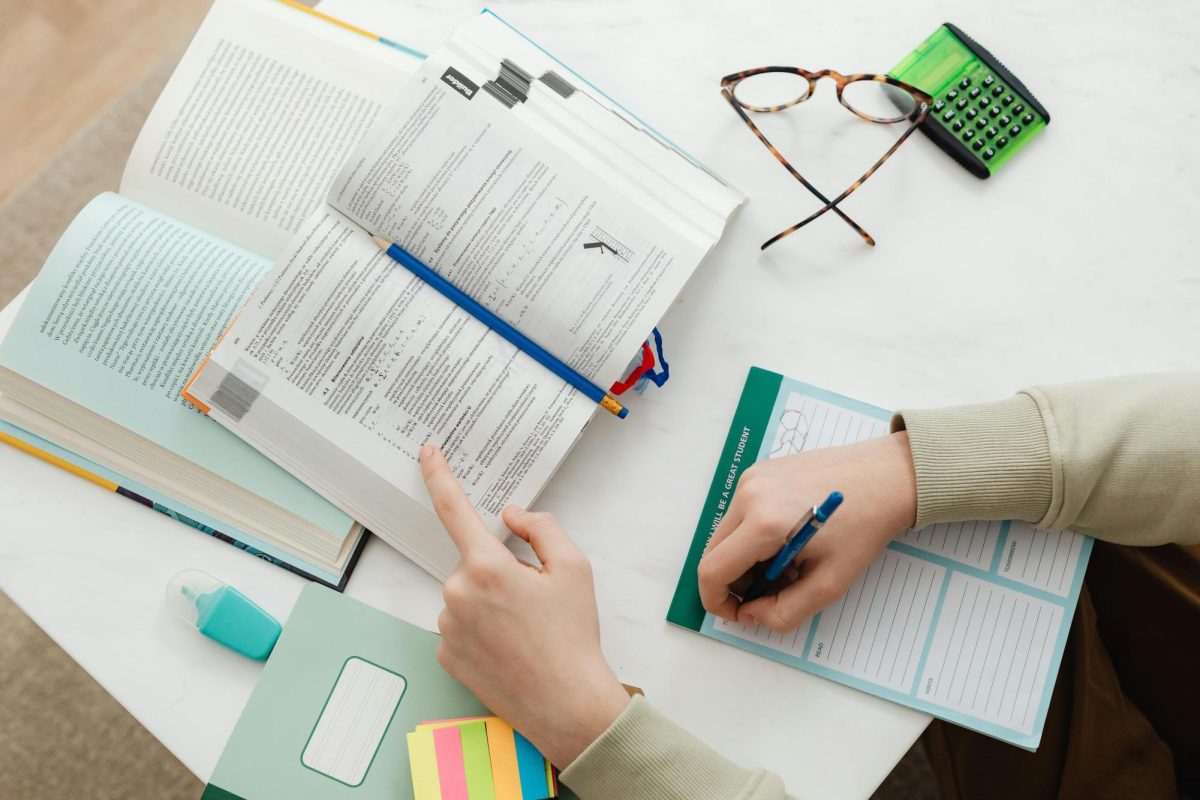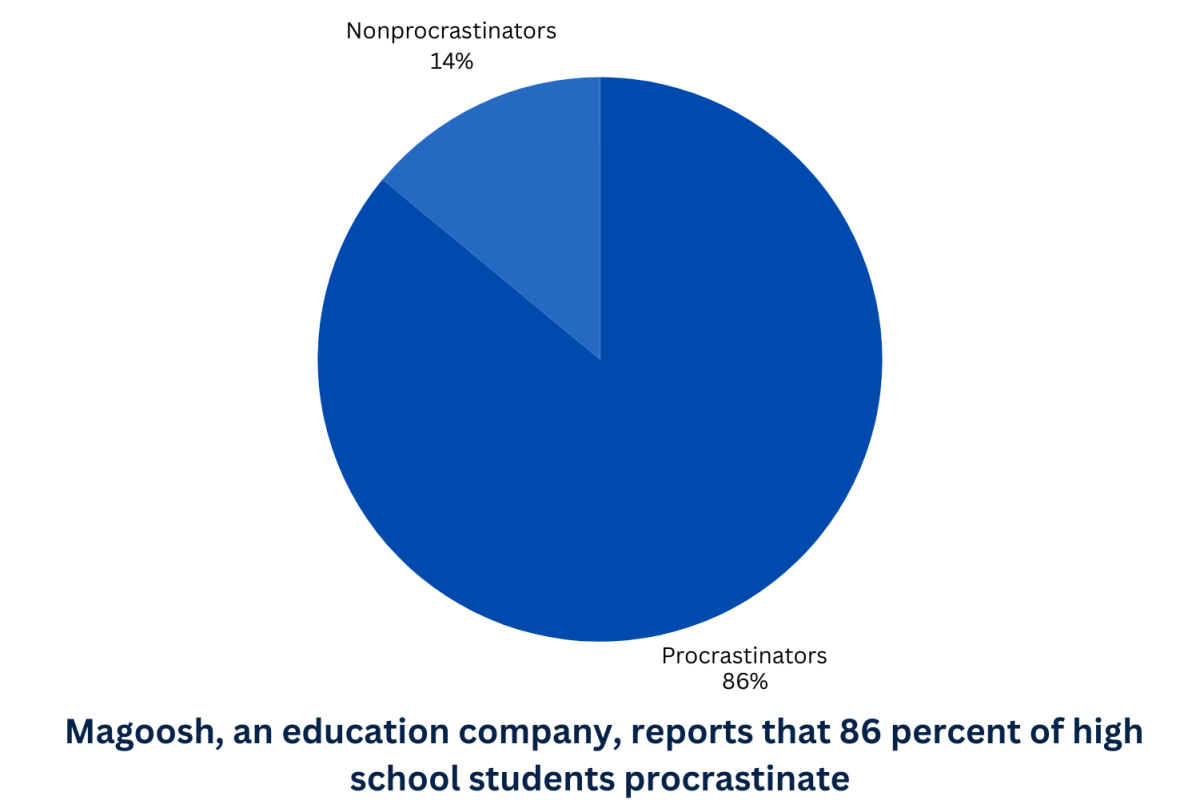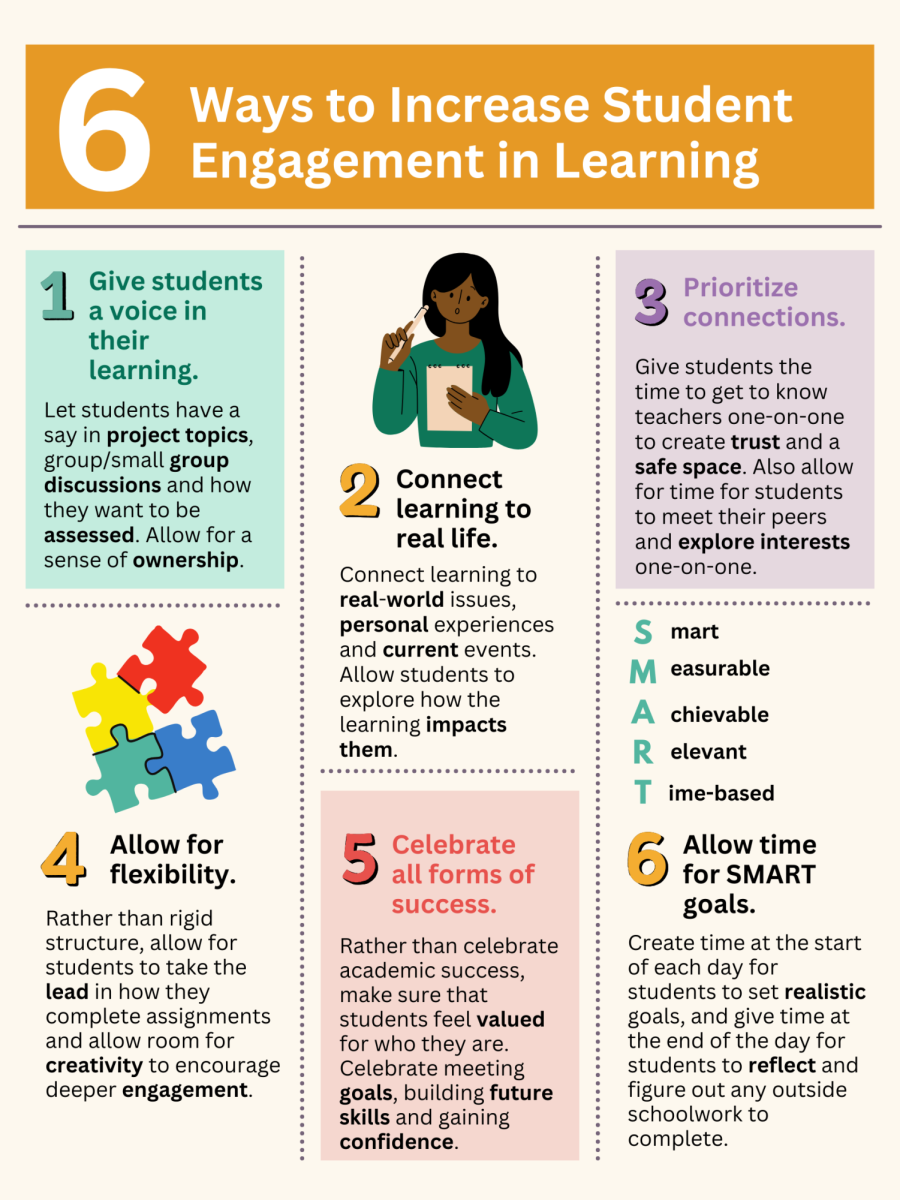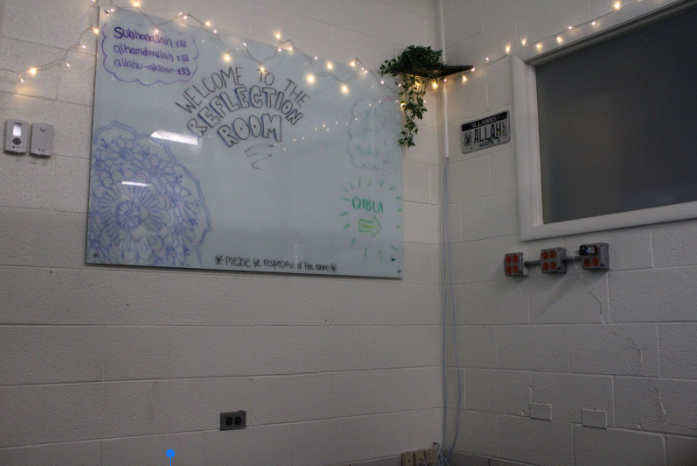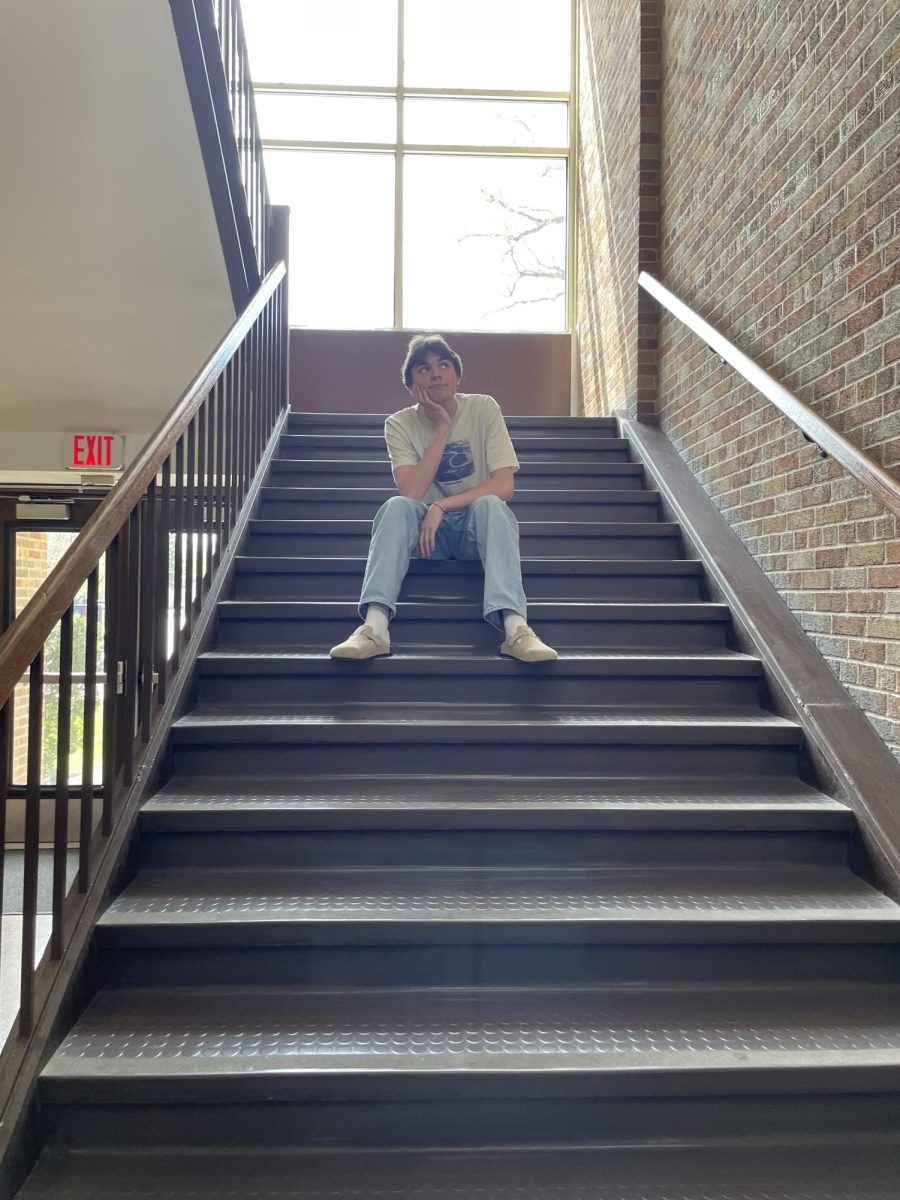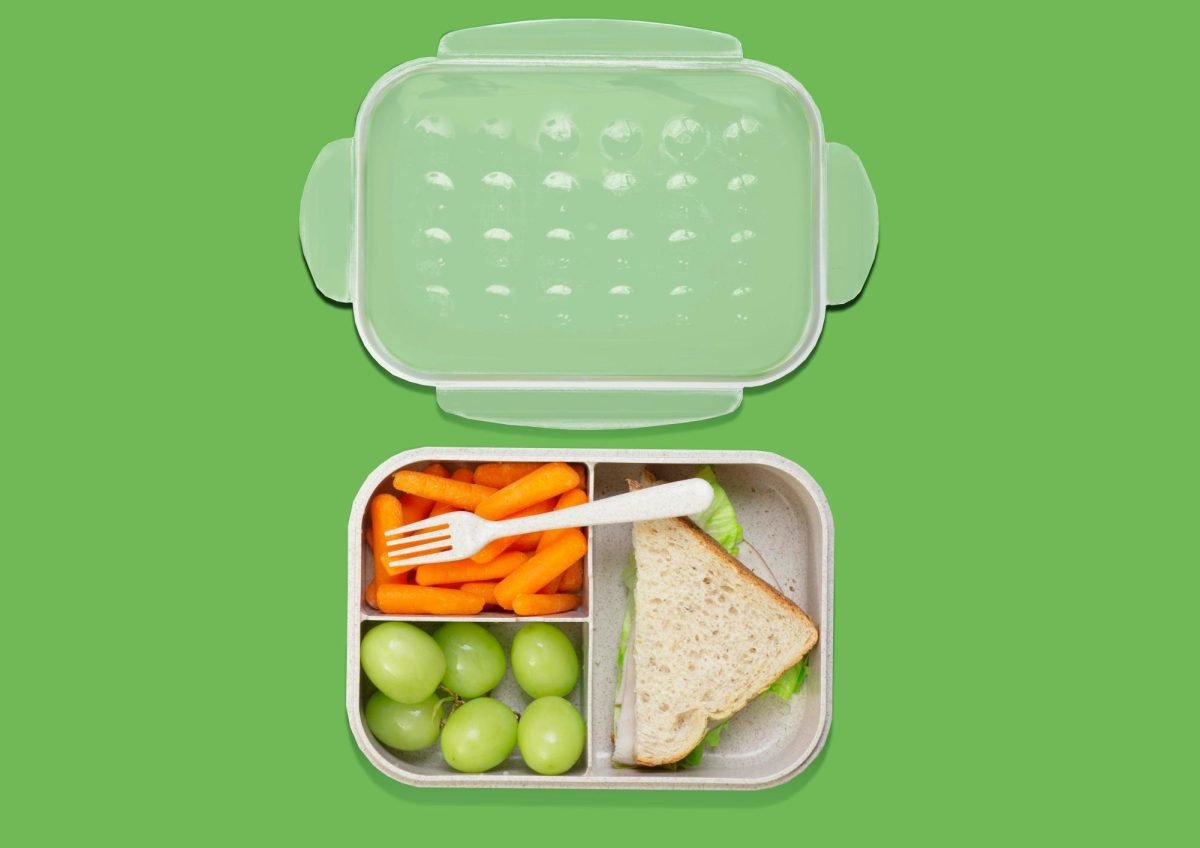Have you ever sat down to study, only to find yourself stuck? Or do you ever plan on doing schoolwork only to end up scrolling on your phone? If so, you’re not alone. But even if you’re a master procrastinator, don’t worry, because here are 7 tips that can help you study more effectively.
Tip 1: Find a Good Place to Study
The first step to studying effectively is having a good place to study. An ideal studying environment is somewhere quiet, without distractions. This place can be anywhere accessible to you, such as a school library or your own room. In this area, you should have enough space to sit down and get your stuff, such as your laptop, notebooks, pencil, etc.
Tip 2: Take Advantage of Your Resources
Resources such as the library and MASH can be very helpful for students. Using these resources can help you better understand the material you’re learning. Students can easily access LHS resources, such as the MASH, during their free periods and before and after school. These resources are key to spending your time wisely, instead of wasting time because you lack the help and materials you may need.
Tip 3: Work With Others – Or Don’t
Collaborating with others, via study groups or peer tutoring, can also be helpful for students. Productive collaboration is a great way to find motivation to do school work and study. For some students, working with other students works very well for them and helps them get more work done, but for other students this isn’t the case. Some people work better in solitude so it’s best to figure out what works best for your own individual needs.
Tip 4: Sleep Nine Hours A Night
Although everyone has heard this multiple times, getting a full night of sleep is vital to good academic performance. Obviously, you don’t want to be snoozing off in class or during study sessions, but there are also other reasons why sleeping nine hours is good for students. According to research done by the National Library of Medicine, teenagers actually need 9-10 hours of sleep, but most don’t get this amount of sleep. The National Library of Medicine also reports that being tired in school can result in decreased memory and concentration. So although it may be daunting, going to sleep earlier can really do wonders!
Tip 5: Use Motivators During Study Sessions
Studying can be boring. So finding motivators, even simple ones, can make all the difference. These motivators can be a short break after studying for a set of consecutive minutes, or some candy after finishing the homework you’ve been dreading to start. It can really be anything.
Tip 6: Set Achievable Goals
Similar to the last tip, setting achievable goals is also another great way to increase motivation. Achievable goals are goals tailored specifically for individual needs. Small achievable goals can also be really good for maintaining focus and attention-span. Even small steps can bring in results.
Tip 7: Exercise Before Studying
Another way to increase productivity during study sessions is to exercise beforehand. This can be as simple as walking or running for a few minutes. The National Library of Medicine states that in a study it was found that moderate exercise preserved recall capacity much better than resting before studying.
Using these tips and strategies can boost your studying efficiency. At the same time, how you use these tips are also determined by personal preferences and individual needs. Everyone knows what will specifically work best for them. With this advice, we wish you the best on your studying endeavors!



